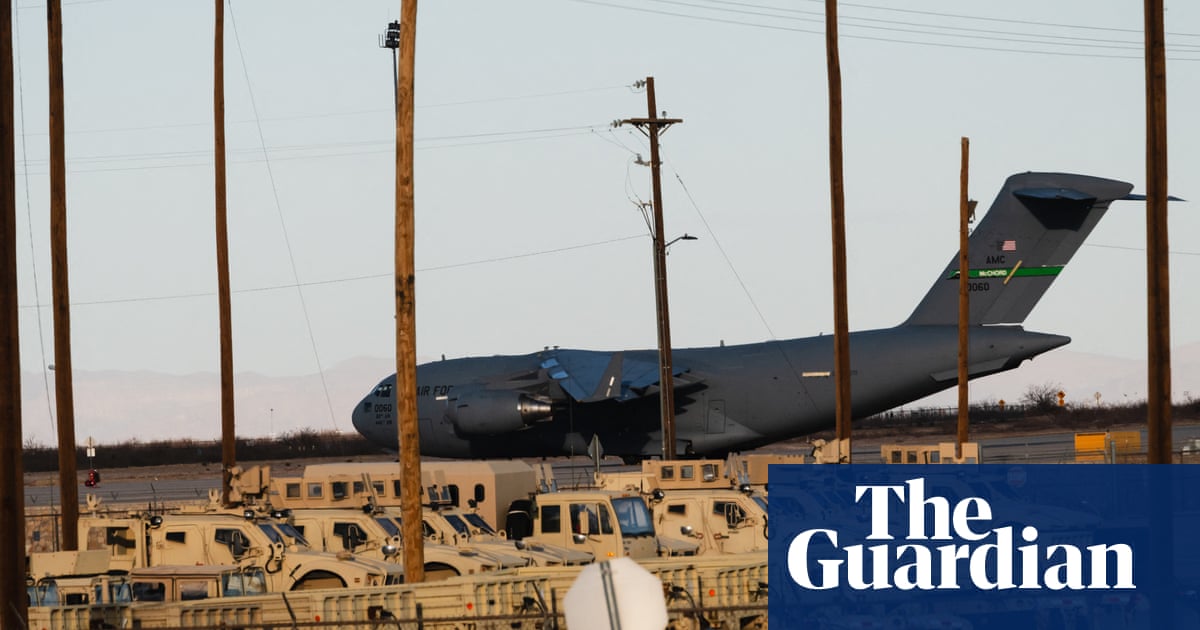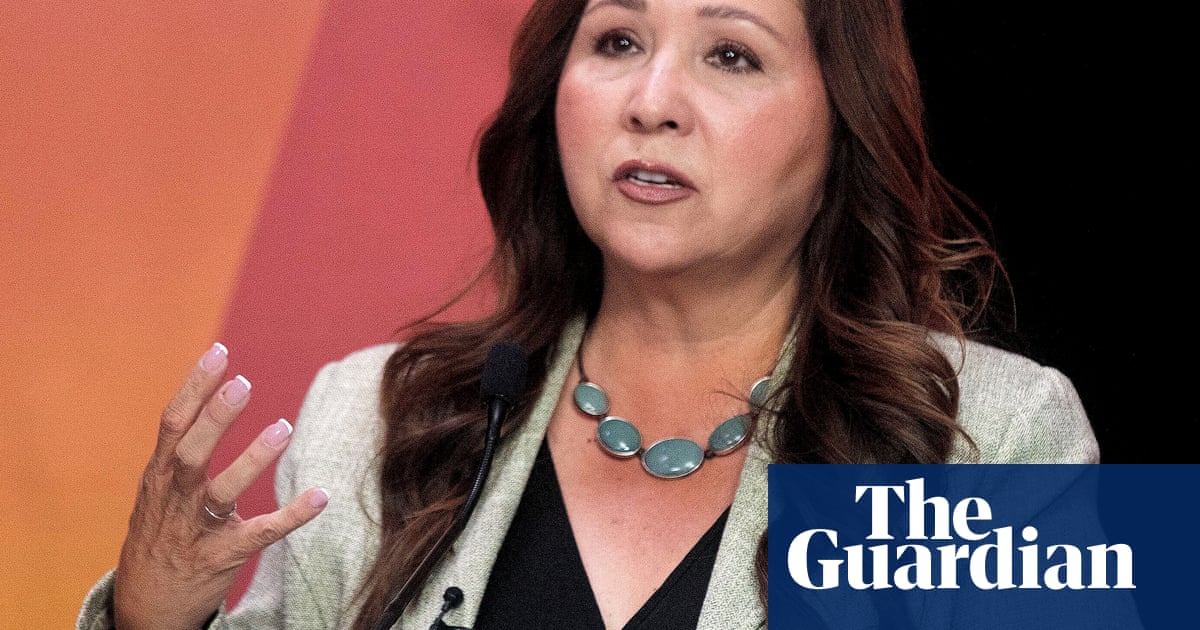WASHINGTON (AP) — Six months into his second term, President Donald Trump has gotten almost everything he has wanted from the Supreme Court that he reshaped during his first.
The justices, three of whom were appointed by Donald Trump, have cleared the way for stripping legal protections from more than 1 million immigrants, firing thousands of federal employees, ousting transgender members of the military, removing the heads of independent government agencies and more.
The legal victories are noteworthy on their own, but how the president is achieving them is remarkable. Administration lawyers are harnessing emergency appeals, which were used sparingly under previous presidencies, to fast-track cases to the Supreme Court, where decisions are often handed down with no explanation.
Trump’s use of the emergency docket reflects his aggressive approach to governing in his second term, with fewer voices of caution within his administration and the Republican Party. He regularly seeks any possible leverage to advance his agenda, regardless of past practices or tradition.
The result is a series of green lights from the nation's highest court without any clarity on how the law should be interpreted in the future. The latest example came Monday, when the court allowed the Trump administration to move forward on a key campaign promise to unwind the Education Department and lay off nearly 1,400 workers.
No rationale given by the majority
The six conservative justices did not provide a reason for their vote, but Justice Sonia Sotomayor issued a dissent on behalf of the court's three liberals.
“When the Executive publicly announces its intent to break the law, and then executes on that promise, it is the Judiciary’s duty to check that lawlessness, not expedite it,” Sotomayor wrote.
In an earlier case allowing migrants to be sent to countries other than their own with little or no chance to object, Sotomayor complained that “the administration has the Supreme Court on speed dial.”
David Warrington, the White House's top lawyer and Trump's former personal attorney, said the president's team works “around the clock to advance his agenda.”
Senior administration officials who declined to be identified while discussing legal strategy said the White House is relying on the emergency docket because political opponents have been so aggressive in seeking temporary restraining orders from lower-ranking judges to halt proposals.
Skye Perryman, who leads the Democracy Forward nonprofit that has repeatedly sued the administration, said emergency appeals have been pursued “prematurely and inappropriately.”
“There is a concern that this Supreme Court is not checking this administration's power grab in the way the American people expect them to and the constitution would mandate," she said.
Trump repeatedly turns to justices for help
Almost since Trump took office, the court’s emergency docket has been packed with appeals from his administration. For a while, the justices were being asked to weigh in almost once a week as Trump pushed to lift lower court orders slowing his ambitious conservative agenda.
The rulings on the court's shadow, or emergency docket, have come in some of the more than 300 lawsuits that have challenged parts of Trump's second-term agenda.
Administration officials have harshly criticized lower-court judges who they see as getting in Trump's way. Top policy adviser Stephen Miller has spoken of “judicial tyranny.” Trump himself called for impeaching U.S. District Judge James Boasberg, which prompted a rare rebuke from Chief Justice John Roberts.
Boasberg has found that members of the administration may be liable for contempt after ignoring his order to turn around planes deporting people under the Alien Enemies Act of 1798. The administration initially resisted court orders to "facilitate” the return of Kilmar Abrego Garcia, who was wrongly deported to El Salvador.
Yet the Supreme Court has not seemed especially skeptical of the administration's actions, critics have said.
“District judges have recognized this is not normal. What the administration is trying to do is not normal and it has to be stopped,” Stanford University law professor Pamela Karlan said on the “Original Jurisdiction” podcast. “The Supreme Court is acting as if it needs to keep its powder dry and for what, I am not clear.”
Final decisions are yet to come
The high court has not issued final decisions in any of the cases, which are continuing in lower courts. It's possible, if not likely, that the court eventually will hear appeals in some of these cases and issue final rulings.
But by then, even if the court finds a policy illegal, it may be too late, said Alicia Bannon, director of the Judiciary Program at New York University law school’s Brennan Center for Justice.
“In a lot of these cases, you can’t unring the bell,” Bannon said. Pointing to the Education Department order, she said, "Once those firings have moved forward, once that department has been effectively obliterated, you can’t just, you know, press a button and bring us back to the status quo."
The liberal justices also have pointed to what they see as the damage their colleagues are doing to lower-court judges.
“Perhaps the degradation of our rule-of-law regime would happen anyway. But this Court’s complicity in the creation of a culture of disdain for lower courts, their rulings, and the law (as they interpret it) will surely hasten the downfall of our governing institutions, enabling our collective demise,” Justice Ketanji Brown Jackson wrote last month in her dissent from a decision limiting judges' authority to issue nationwide, or universal, injunctions.
The decision to scale back nationwide injunctions came in the administration's emergency appeal of orders blocking Trump's effort to deny citizenship to children born to parents who are in the U.S. illegally or temporarily. But Justice Amy Coney Barrett's majority opinion said nothing about whether the birthright citizenship policy violates the Constitution.
The issue could soon return to the high court; judges are evaluating whether their earlier orders need to be changed to comply with the Supreme Court ruling.

 German (DE)
German (DE)  English (US)
English (US)  Spanish (ES)
Spanish (ES)  French (FR)
French (FR)  Hindi (IN)
Hindi (IN)  Italian (IT)
Italian (IT)  Russian (RU)
Russian (RU) 























Comments